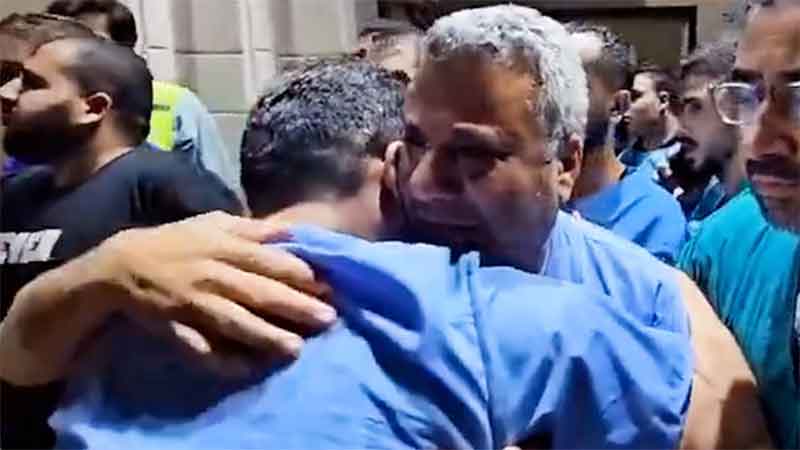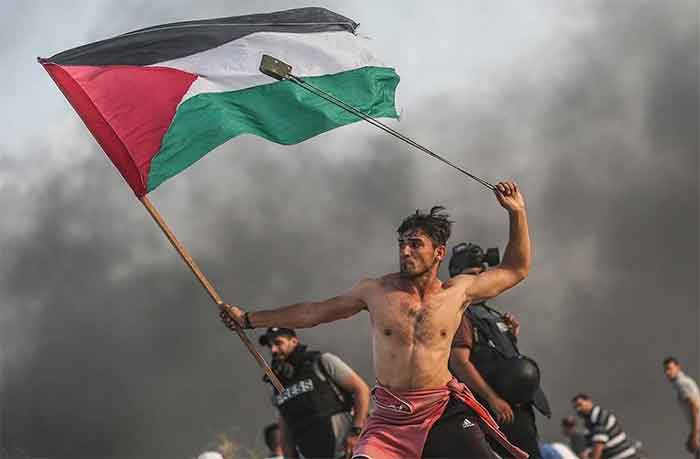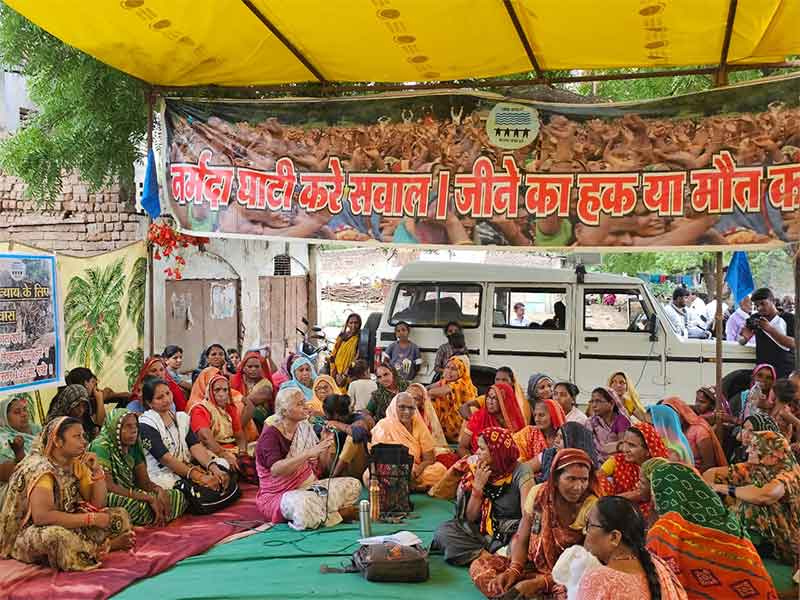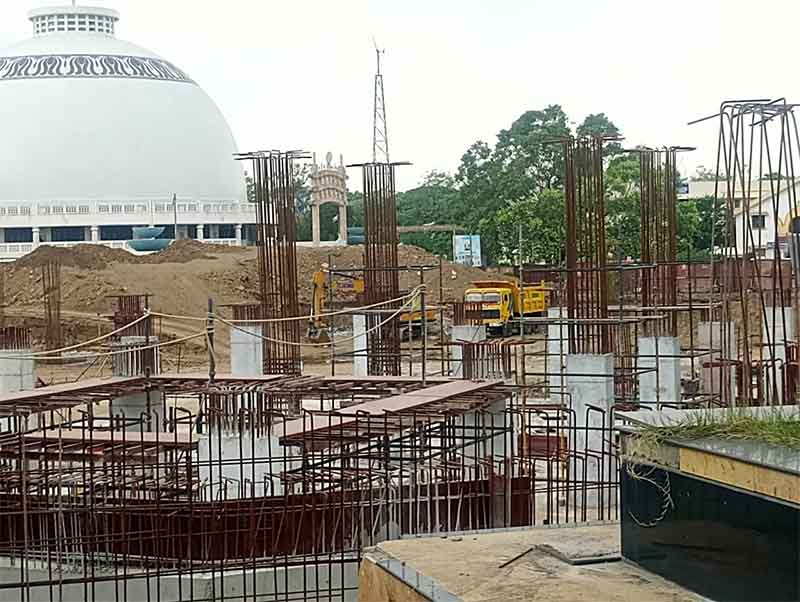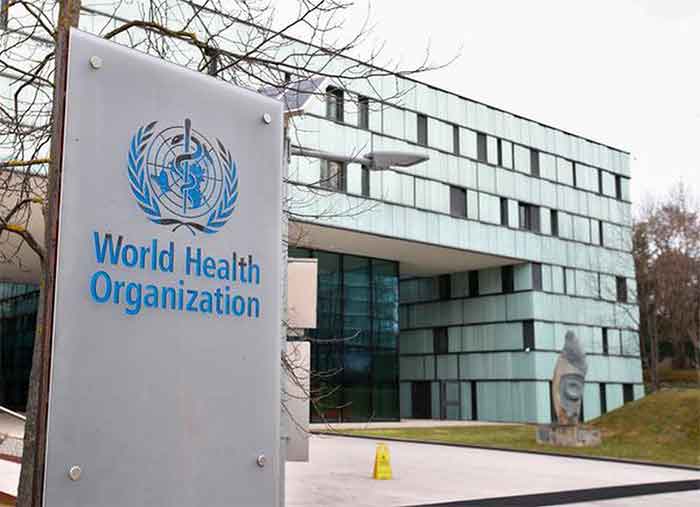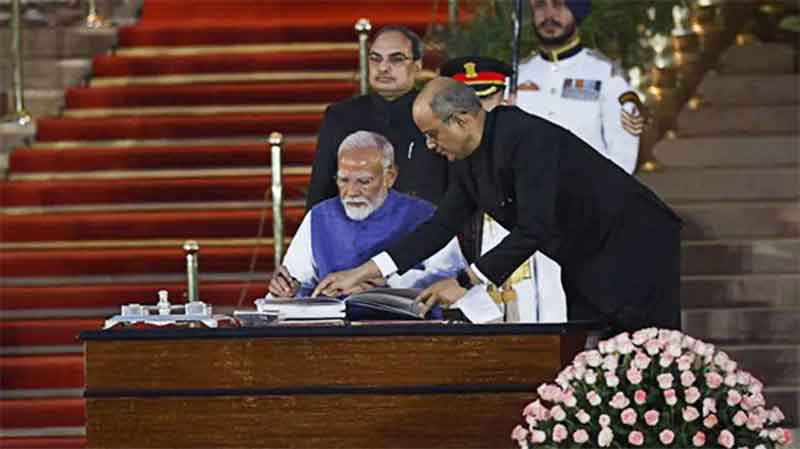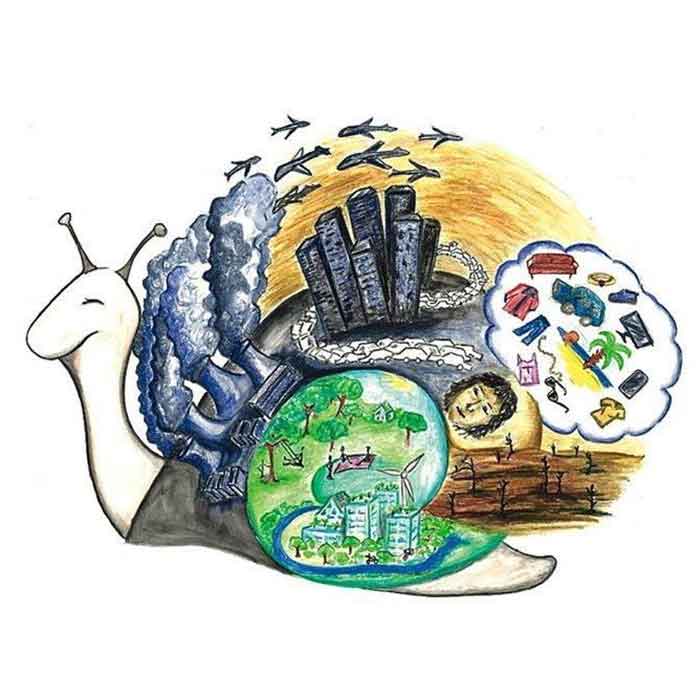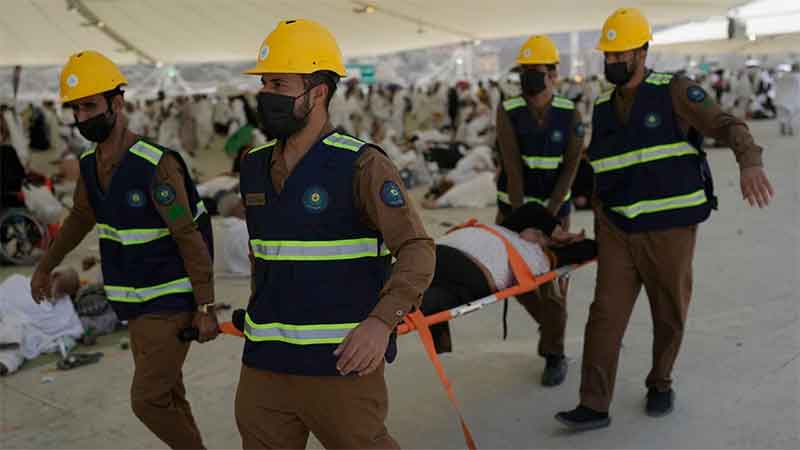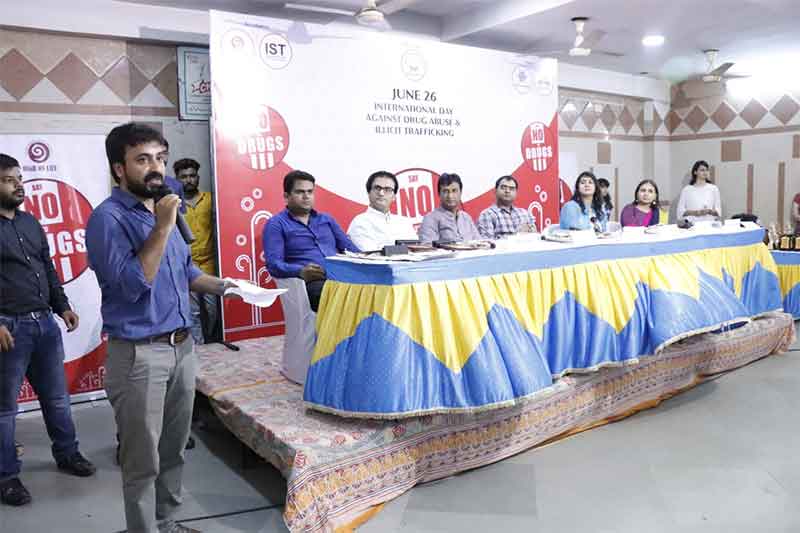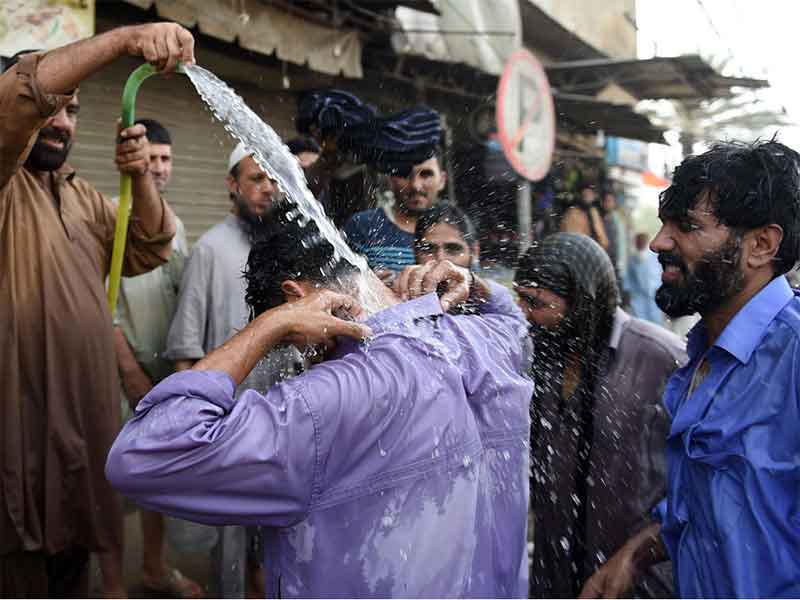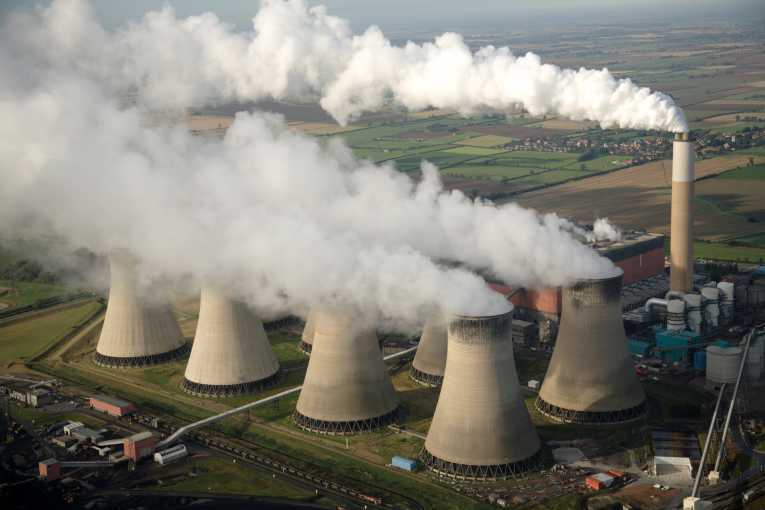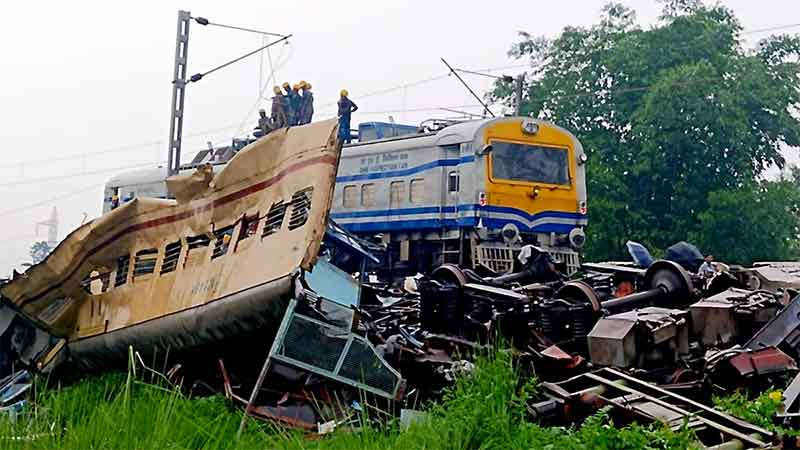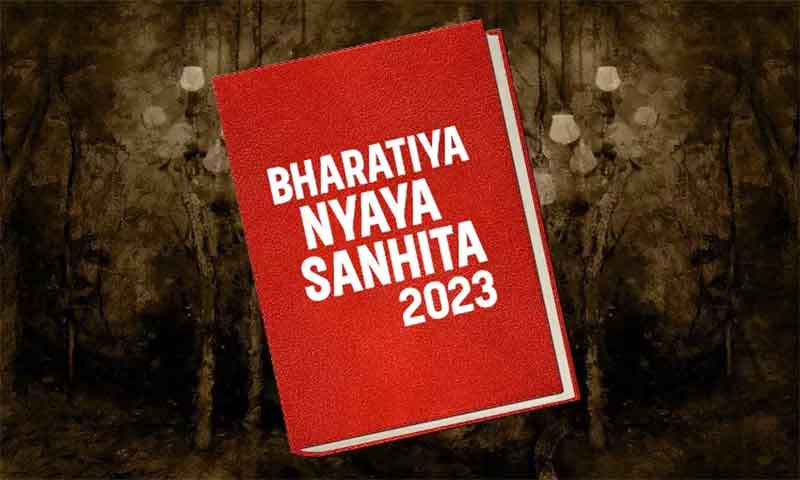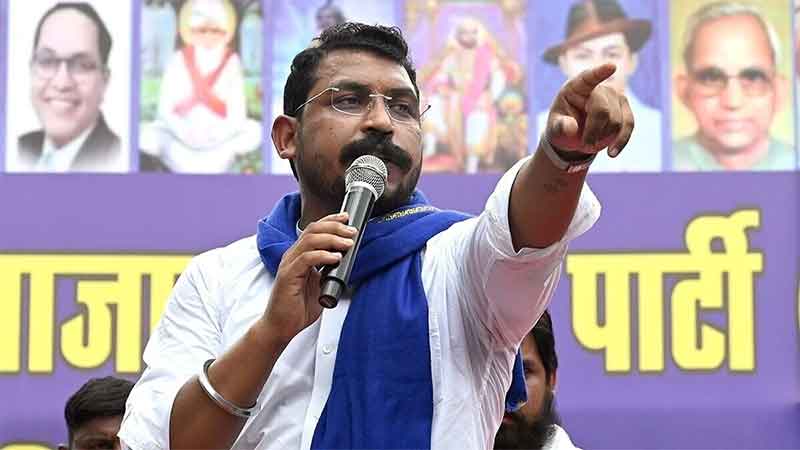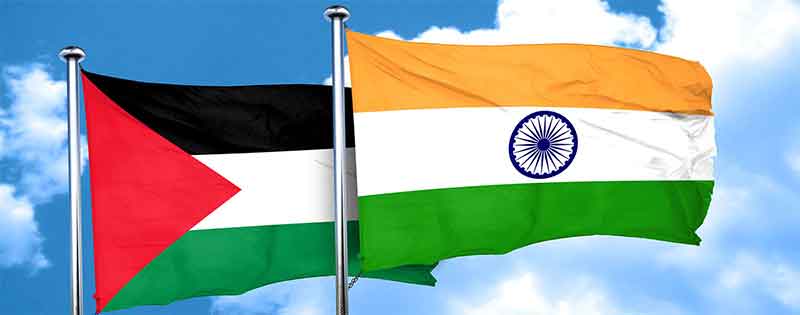
The discourse of geopolitics changed after the Cold War and became more about the politics of ideology than the traditional theory of expanding territories for resources and markets. This paradigm shift in geopolitics explains how ideology became a determining factor apart from geography in the struggle for power. In the current scenario, this dynamic nature of global geopolitics can be seen in India’s changing position in the age-old conflict between Israel and Palestine.
The geopolitical implications of India’s changing role in the relationship between India, Israel and Palestine rooted in the statement of first Prime Minister of India, Jawaharlal Nehru. In his statement addressing the Chief Ministers of the different states in India in the year 1948, made it very clear that India would have no part in the formation of Israel as a new state for the Jews. The statement goes- “We propose to take no action in this matter (viz. recognition) present. India can play no effective part in this conflict stage either diplomatically or otherwise. We can only wait for the time being, hoping that an opportunity may come might use our influence in the interest of peace and mediation.”
However, with a shared history of colonisation by the British and attaining independence from them around the same time, India was one of the first countries to recognise Palestine in the year 1948. India was also the first non-Arab state to recognize the Palestine Liberation Organisation (PLO) as the sole and legitimate representative of the Palestinian people. India’s assertiveness as a leading member of the non-aligned countries which had recently become independent, supported the Palestine cause. India saw the creation of Israel by settling of Jews from different parts of the world as colonial interference and opposed the “two state solution”, as proposed by the United Nations in 1974.
The geopolitics of these three national entities took a U-turn when under the 9th Prime Minister of India, PV Narasimha Rao’s premiership, India formally recognised Israel in January 1992. So, India changed its diplomatic relationship with the country from condemning it as an imperial state to a ‘peace loving country’. After this recognition India has been maintaining separate foreign policies for both Israel and Palestine and is focusing on building strong strategic relationships with both the states for strengthening defence ties and exploring other economic opportunities. The current Prime Minister, Narendra Modi is the first Indian Prime Minister to visit these two states, visited Israel in 2017 and Palestine in 2018. This historical background of the Indo-Israel and Indo-Palestine relationship have consistently determined India’s stance in the current Israel-Palestine conflict. After this phenomenal change in India’s relationship with Israel, India has been adopting a de-hyphenated diplomatic policy regarding with these two states which means India’s relationship with Israel would stand on its own merits, independent and separate from India’s relationship with the Palestinians. India took the same unpolarised stand during conflict between Israel and Palestine occurred in 2021.
However, after the Hamas’ attack on Israel on 7th October, 2023, India has faced challenges in its diplomatic relationship with these two states. Especially when India’s relationship with the Middle East is strengthening and Saudi Arabia has become the India’s fourth largest trade partner. Moreover, after the announcement of establishing India-Middle East-Europe Economic Corridor during the G20 summit in New Delhi, 2023, India’s new global trade venture with the US, Saudi Arabia, the UAE, France, Germany, Italy and the European Union has come into a stake after the crisis. India’s Prime Minister, Narendra Modi’s statement after the Hamas attack caught the attention of the global politics, as he added “India strongly and unequivocally condemns terrorism in all its forms and manifestations. We stand in solidarity with Israel at this difficult hour.” Later, the Ministry of External Affair gave an official statement calling for sovereign, independent, viable state of Palestine- “India always advocated the resumption of direct negotiations towards establishing a sovereign, independent and viable state of Palestine, living within secure and recognised borders, side by side at peace with Israel.”
This change in the narrative of India’s position in this conflict was visible as polorisation came into play especially when the incidents of arresting supporter of Palestinian got featured in global news. The tension between the two groups of supporters took the internet into storm and social media got divided into two schools. The mainstream news media also preferred a frame of “conflict” rather than a language of peace choosing words like terrorism, genocide, massacres, etc. The news media coverages represent a language of “whataboutism” justifying violence by counter-accusations of attacks on both the states. The political conversation on the social media platforms have become more about the polarization of “hero” and the “villain” and who is the “winner” and the “losers.” This media narrative of whataboutism has been changing the trends in public opinion about the ongoing conflict between Israel and Palestine. Recently, the social media outrage came out after the Israel’s air strikes at a camp for displaced Palestinians in Rafah, a southern city in war-torn Gaza on 28th May, 2024. The social media campaign All Eyes on Rafahwith an AI generated image of the Rafah’s shelter camp has been shared by nearly 44 million users on Instagram including many prominent Indian celebrities. However, this social media campaigns have triggered the Indian media narratives questioning the celebrities for being selective and biased in raising their voices.
This entire political discourse is the result of the India’s de-hyphenated diplomatic policy with Israel and Palestine as well as its evolving strategic relationship with the West Asia under the Look West Policy. This changing stand from opposing the United Nation’s “Two State Solutions” to establishing a balance relation with both the state, India’s position in this age-old conflict has been evolving. This changing stand was reflected when India abstained from voting for an “immediate, durable and sustainable humanitarian truce” between Israel and Hamas at the United Nations General Assembly held in 26 October, 2023 condemning the Hamas terror attack on Israel in October 7, 2023. Again, in November 12, 2023 India voted in favour of the United Nations’s resolution which condemns Israeli settlement activities in ‘Occupied Palestinian Territories including East Jerusalem and the occupied Syrian Golan”. India also voted in favour of the resolution that called for “an immediate humanitarian ceasefire” and “Palestinian right to self-determination” in December, 2023.
In the history of war narratives, the only truth is the death of humanity and this conflict between Israel and Palestine is not an exception. Although the India’s diplomatic relation with Israel is changing, India continues to support the Palestinian cause and calls for immediate diplomatic solution to establish peace between these two states.
Dr. Madhusmita Boruah, Assistant Professor, Department of Mass Communication and Journalism, Bhattadev University, Bajali Email: [email protected]


